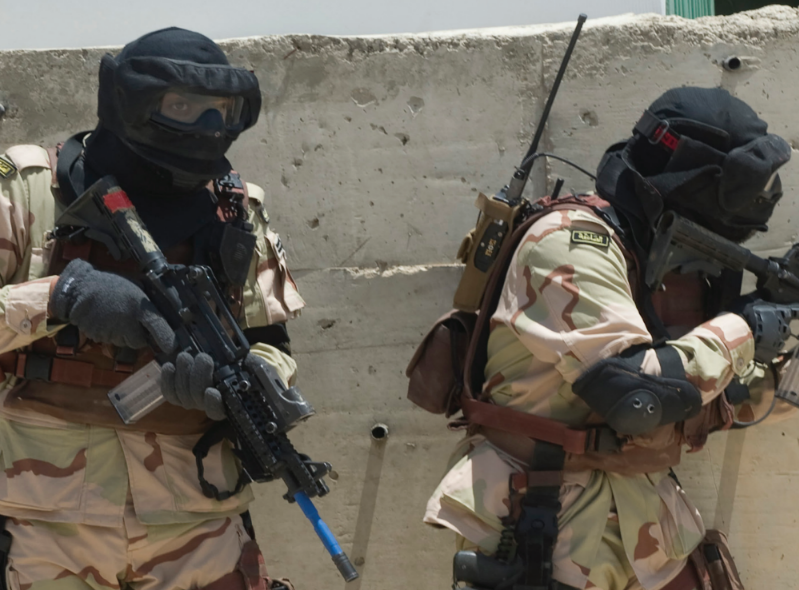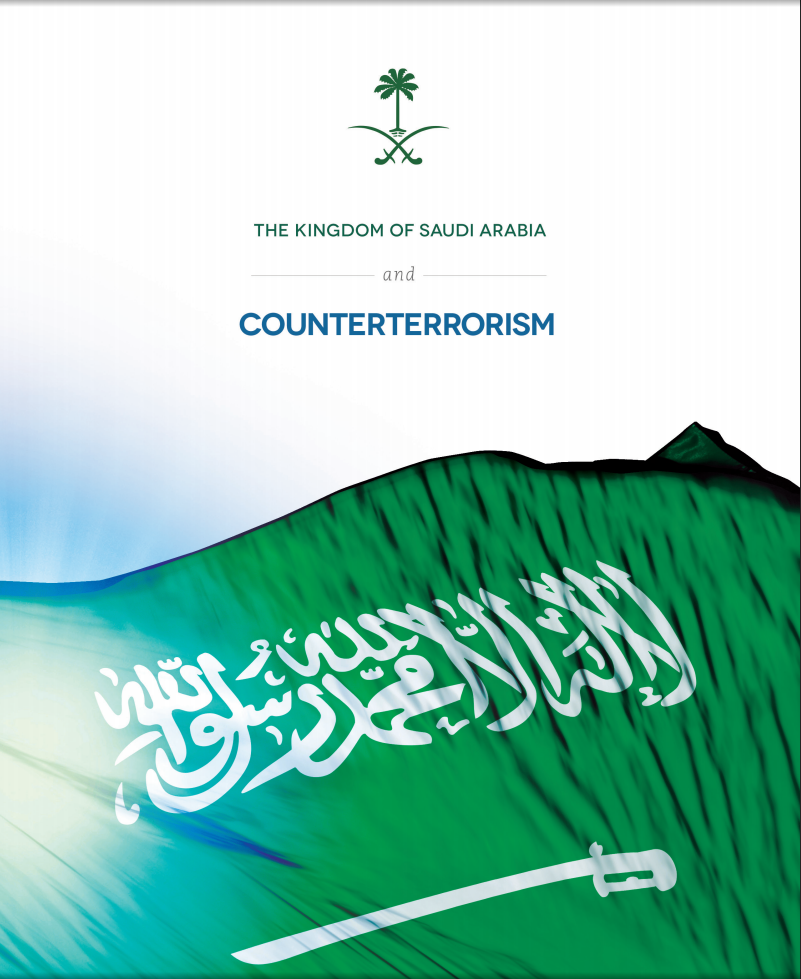The Embassy of Saudi Arabia in Washington has distributed a comprehensive document outlining the Kingdom’s efforts to fight terrorism.
The detailed publication was distributed to Congress as debate regarding the September 11, 2001 terrorist attacks heat up following the recent unanimous Senate vote to pass the Justice Against Sponsors of Terrorism Act (JASTA) bill.
The Kingdom of Saudi Arabia and Counterterrorism focuses on three main areas: security measures aimed at terrorists, financial controls designed to disrupt their funding, and efforts to end radicalization in mosques, schools and other public forums and spaces. The report is 104 pages long, and outlines how fighting terrorism is not only a national interest, it is a national priority.
“Today, multiple actors, each with a respective ideological agenda, have targeted the Kingdom with the goal of destabilizing the country and terrorizing the Saudi people,” the report says. “Whether it is non-state actors like Al-Qa’ida, the terror-state “Daesh”/ISIL, or state-sponsored terror from Iran and its proxies, Saudi Arabia has as much as any other country a national security incentive to stop the men, the money, and the mindset that inspire and incite violent extremism.”
The report was first noted in the press by Politico last week. The report “appears to be the most comprehensive public account of Saudi anti-terrorism efforts to date,” Politico said.
The document seeks to address concerns in Washington that its top regional ally and buyer of military equipment is simultaneously exporting extremist ideology and providing funding to terrorist groups.
“Saudi Arabia shares the same terrorist enemies as the United States and has been fighting the same war on terror as its U.S. partner for over two decades—campaigns that have included hijacking and suicide-bomber plots, car bombs, border incursions, assassination attempts, industrial sabotage, missile attacks, and the threat of chemical, biological, and radiological (“dirty” bomb) weapons of mass destruction (WMD), this last a program rigorously pursued by Al-Qa’ida under Osama bin Laden’s direction,” the document says.
“Today, Saudi Arabia possesses a highly sophisticated anti-terror apparatus that has been praised internationally, consisting of over a dozen agencies within various Royal Saudi military branches and under the aegis of the Ministry of Interior, each agency and its subordinate offices cooperating with its U.S. or another international counterpart.”
In addition to outlining the Kingdom’s previous efforts against Al-Qaeda and affiliated extremist networks, the document discusses Saudi Arabia’s efforts against the self-described ISIS, or Daesh, terrorist group that is destabilizing Iraq and Syria and launching attacks at Europe and in the United States. “The Kingdom has unequivocally stated that its counter-terrorism and counter-extremism efforts are directed at Daesh/ISIL. The Kingdom is a part of the Global Coalition to Counter ISIL, taking military action in support of coalition airstrikes in Syria,” noting additionally that the US Department of Defense has lauded Saudi participation in airstrikes against the extremist group.
19 pages of the report are a chronological listing of every arrest or incident to eradicate terrorism since 2003.
Taken as a whole, the report attempts to directly answer charges regarding Saudi Arabia and it’s involvement with terrorism and terrorist groups. For example, an entire section is dedicated to “the issue of charities” and, point-by-point, outlines everything Saudi Arabia has done to curb the previous problem of zakat contributions that eventually ended up in the hands of extremists, including creating several oversight bodies to monitor all charitable donations. The document also spells out Saudi Arabia’s efforts at using its domestic media and government-cleric relations to denounce extremist ideology.
The Kingdom of Saudi Arabia and Counterterrorism, is available here as a .PDF file at this link.










